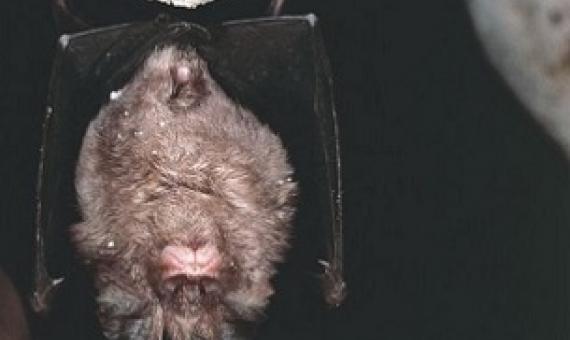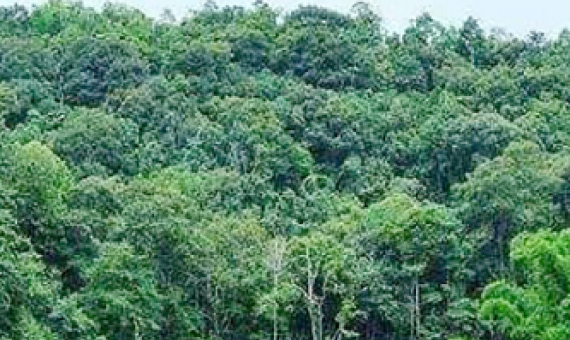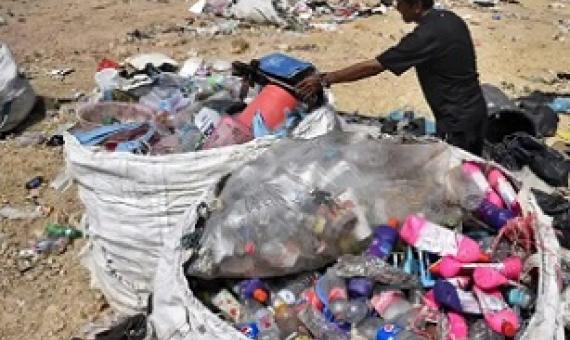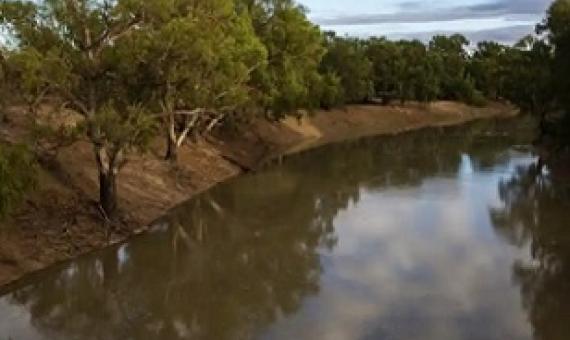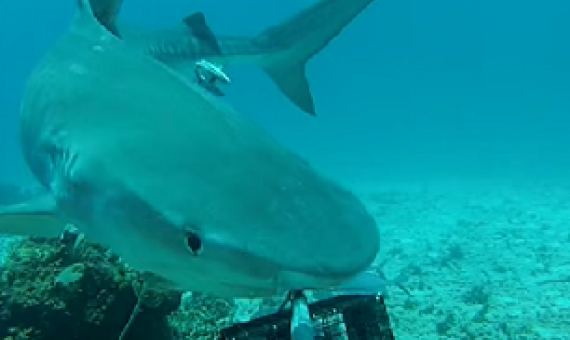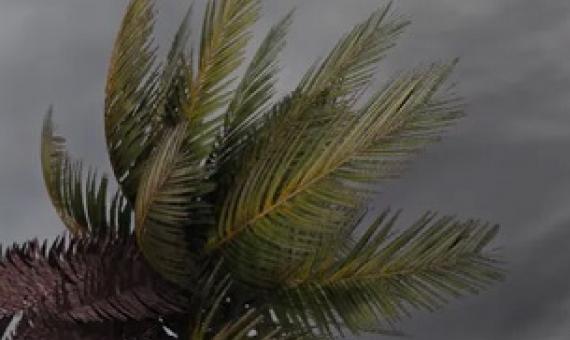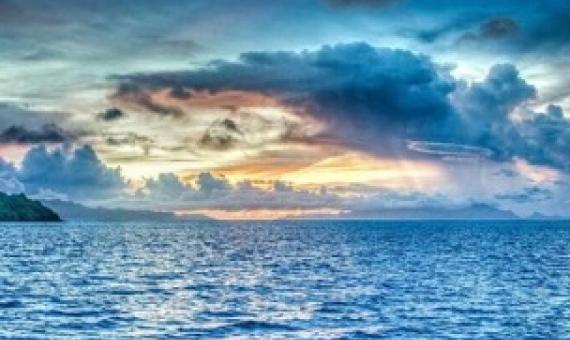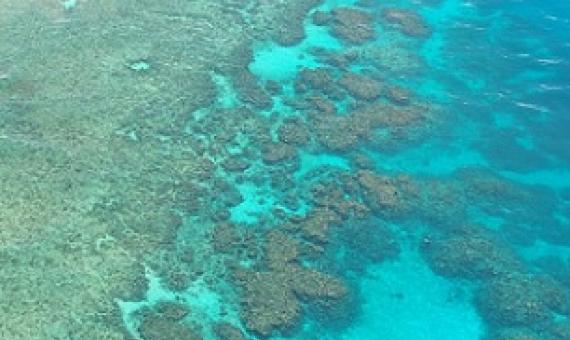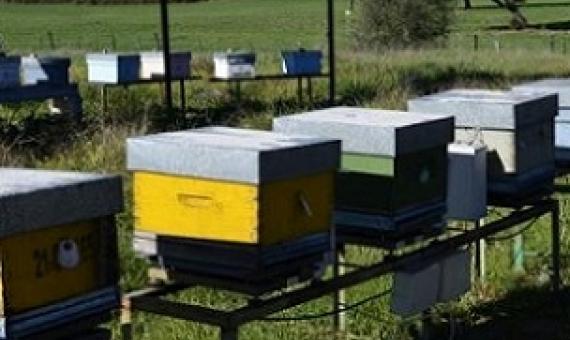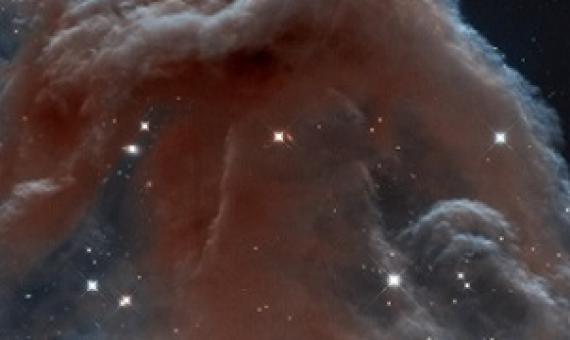Coronaviruses capable of infecting humans may have been circulating undetected in bats for decades. Research suggests one of the closest known ancestors of the virus that causes Covid-19 emerged in bats between 40 and 70 years ago.
Rising tree deaths may be reducing the ability of many forests worldwide to lock up carbon by pulling in greenhouse gases from the air. To properly grasp what this means for carbon budgets, scientists need to solve the puzzle of why trees are dying—and how they respond to change.
Plastic waste flowing into the oceans is expected to nearly triple in volume in the next 20 years, while efforts to stem the tide have so far made barely a dent in the tsunami of waste, research shows.
Aboriginal people hold less than 1% of all water licences in Australia, a form of economic and cultural dispossession that needs urgent redress, according to a major study of water rights in the Murray-Darling Basin. Researchers from Griffith University found Aboriginal water entitlemen
Sharks are missing from 19% of the world’s coral reefs, the greatest decline of reef sharks ever recorded, according to a new analysis.
Tropical cyclones are among the most destructive weather systems on Earth, and the Southwest Pacific region is very exposed and vulnerable to these extreme events.
A new relationship between humanity and the ocean is required to secure the continuity of the diverse life support roles provided by the sea, according to a paper published in Nature Communications on 17 July 2020.
A study published today found national governments repeatedly resisted the placement of 41 UNESCO World Heritage sites—including the Great Barrier Reef—on the World Heritage in Danger list.
Honeybee colonies are bioindicators of environmental contamination in the area, since they get coated in everything that there is in the environment, including pollutants, and they end up taking it all back to their bee hives. Bees sample a significant range of spaces, because they have a wi
Scientists have found the interstellar organic matter could produce an abundant supply of water by heating, suggesting that organic matter could be the source of terrestrial water. There remains a number of mysteries on our planet including the elusive origin of water on the earth.

